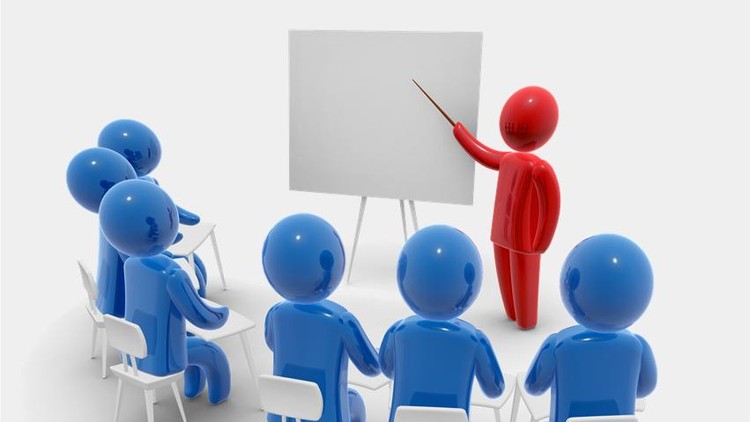Becoming a competent, rather than just confident, the speaker requires a lot of practice. But here are Tips for Improve The Presentation Skills you can consider to start sharpening your presentation skills.
Contents
Tips for Improve Your Presentation Skills
Don’t Read
This one is a no-brainer, but somehow Powerpoint makes people think they can get away with it. If you don’t know your speech without cues, that doesn’t just make you more distracting. It shows you don’t really understand your message, a huge blow to any confidence the audience has in you.
Practice more and more
Naturally, you’ll want to rehearse your presentation multiple times. While it can be difficult for those with packed schedules to spare time to practice, it’s essential if you want to deliver a rousing presentation. I’m famous around the office for staying up late the night before a big presentation, practicing over and over. If you really want to sound great, write out your speech rather than taking chances winging it – if you get nervous about speaking, a script is your best friend.
Try to practice where you’ll be delivering your talk. Some acting strategists suggest rehearsing lines in various positions – standing up, sitting down, with arms open wide, on one leg, while sitting on the toilet, etc. (OK, that last one may be optional.) The more you mix up your position and setting, the more comfortable you’ll feel with your speech. Do a practice run for a friend or colleague, or try recording your presentation and playing it back to evaluate which areas need work. Listening to recordings of your past talks can clue you in to bad habits you may be unaware of.
Arrive Early
It’s always best to allow yourself plenty of time to settle in before your talk. Extra time ensures you won’t be late (even if Google Maps shuts down) and gives you plenty of time to get adapted to your presentation space.
Smile
Smiling increases endorphins, replacing anxiety with calm and making you feel good about your presentation. Smiling also exhibits confidence and enthusiasm to the crowd. And this tip works even if you’re doing a webinar and people can’t see you.
Just don’t overdo it – no one enjoys the maniacal clown look.
Actively Engage the Audience
People love to talk and make their opinions heard, but the nature of presentations can often seem like a one-sided proposition. It doesn’t have to be, though.
Asking the audience what they think, inviting questions, and other means of welcoming audience participation can boost engagement and make attendees feel like a part of a conversation. It also makes you, the presenter, seem much more relatable. Consider starting with a poll or survey. Don’t be put off by unexpected questions – instead, see them as an opportunity to give your audience what they want.
Say “That’s a Good Question”
You can use statements like, “that’s a really good question,” or “I’m glad you asked me that,” to buy yourself a few moments to organize your response. Will the other people in the audience know you are using these filler sentences to reorder your thoughts? Probably not. And even if they do, it still makes the presentation more smooth than um’s and ah’s littering your answer.
Drink Water
Dry mouth is a common result of anxiety. Prevent cottonmouth blues by staying hydrated and drinking plenty of water before your talk (just don’t forget to hit the bathroom before starting). Keep a bottle of water at arm’s reach while presenting in case you get dry mouth while chatting up a storm. It also provides a solid object to hurl at potential hecklers. (That’ll show ’em.)
Don’t Fight the Fear
Accept your fear rather than trying to fight it. Getting yourself worked up by wondering if people will notice your nervousness will only intensify your anxiety. Remember, those jitters aren’t all bad – harness that nervous energy and transform it into positive enthusiasm and you’ll be golden.
Don’t Apologize
Apologies are only useful if you’ve done something wrong. Don’t use them to excuse incompetence or humble yourself in front of an audience. Don’t apologize for your nervousness or a lack of preparation time. Most audience members can’t detect your anxiety, so don’t draw attention to it.










